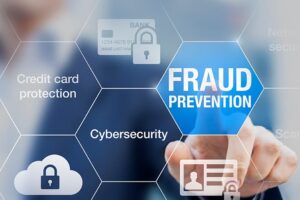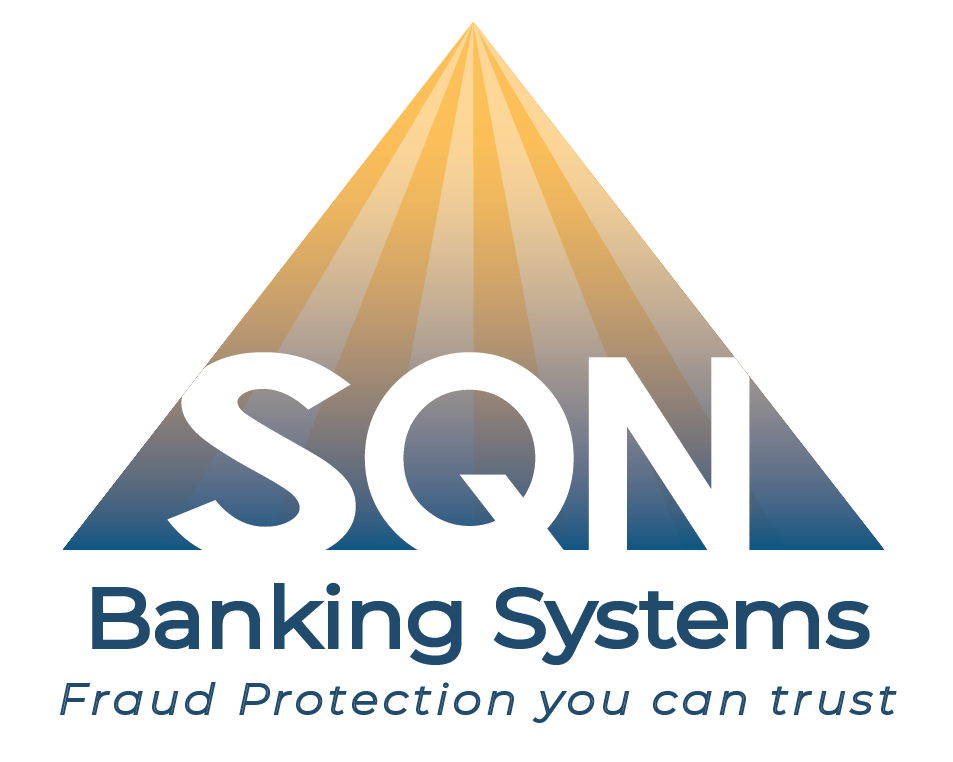Why Fraud Detection is Crucial to the Financial Industry

Every organization is potentially at risk for fraud. While fraud can be devastating for any company, the financial industry is particularly at risk when things go wrong. The recent Equifax data breach is a prime example of how even large, well-protected companies are at risk of sophisticated cybercrime attacks. There is certainly a significant difference between data breaches and fraud; however, fraud typically goes hand-in-hand with data breaches when they occur – once a thief has your account number, they still have to sign a check or credit application to get their hands on your money.
Why Fraud Exists
As a financial institution, it’s up to you to understand not only why fraud exists, but how it happens.
Generally speaking, fraud occurs when three elements come together:
- Motive. When someone is interested in finding illegal ways to steal or enrich themselves, they have a motive.
- Rationalization. The person who plans to commit fraud has rationalized that the behavior is acceptable for them.
- Opportunity. If a person has the opportunity to commit fraud, possibly without ever being detected, this is likely to result in repeat offenses once they discover the ease of overriding a financial institution’s security measures.
When it comes to fraud prevention, motive and rationalization are beyond a financial institution’s control. Opportunity, however, is within an institution’s control. By eliminating opportunity, banks and credit unions can stop potential thieves from defrauding their institution.
How Fraud Impacts Your Business
In 2014, PricewaterhouseCoopers (PwC), a leading professional services organization and Big Four audit firm, released an interesting study. Among the results:
- 45% of financial service businesses suffered economic crime (fraud) during the survey period. Only 34% of other industries were reportedly affected.
- According to the study, “Money laundering remains a hot topic in the FS sector, where it is almost five times more likely to occur than in other industries.”
- Almost 30% of financial service organizations fear the fallout of being caught up in money laundering schemes. Reputation is key here, and companies that want to keep their customers and grow their business must find a way to quell fraud and create an environment where everyday consumers feel comfortable putting their money.
- 1 in 4 respondents admitted to the fact that their businesses don’t conduct annual fraud risk assessments. The study stated, “Over half of those who have not conducted any [reviews] at all during the survey period are unaware of what these assessments involve or fail to see value in them.”
Contact SQN Today
At SQN Banking Systems, we take fraud seriously. Our team is here to help you protect your bank, employing fraud detection services and real-time fraud analysis for today’s financial institutions. If you’re ready to find out more about how to upgrade the security at your bank or credit union, reach out to us today via our online form.
